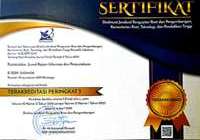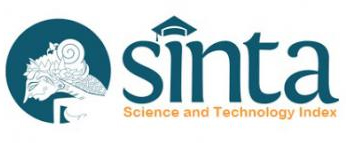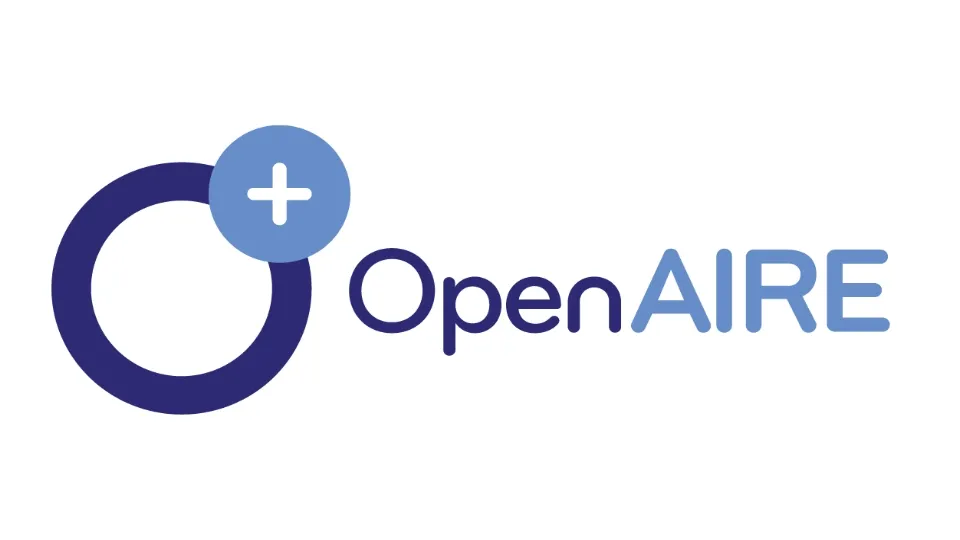PERBANDINGAN KEPUASAN PENGGUNA APLIKASI MAKTABAH SYAMILAH VERSI DESKTOP DAN MOBILE DI KALANGAN MAHASISWA UIN IMAM BONJOL PADANG
Indonesian
DOI:
https://doi.org/10.21154/pustakaloka.v16i2.9727Abstrak
The Maktabah Syamilah application has become one of the most popular digital libraries among academics, especially in Islamic studies, as it provides easy access to thousands of books and literature in various languages, including Arabic. In its development, this application is available in two versions, namely desktop and mobile, each with different usage characteristics. This study aims to compare the level of user satisfaction between the desktop and mobile versions of Maktabah Syamilah among Master students of UIN Imam Bonjol Padang Library. The research method uses a quantitative approach by collecting data through a questionnaire that explores aspects such as ease of use, usability, and user satisfaction with both versions of the application. The results showed that students tended to be more satisfied with the mobile version in terms of ease of use and general satisfaction, although the desktop version was rated as more useful in some aspects. These findings provide important insights for the future development of digital library applications to improve user experience and effectiveness in supporting academic activities.
Unduhan
Diterbitkan
Terbitan
Bagian
Lisensi

Artikel ini berlisensiCreative Commons Attribution-NonCommercial-ShareAlike 4.0 International License.
Requirements to be met by the author as follows:
- Author storing copyright and grant the journal right of first publication manuscripts simultaneously with licensed under the Creative Commons Attribution License that allows others to share the work with a statement of the work's authorship and initial publication in this journal.
Authors can enter into the preparation of additional contractual separately for non-exclusive distribution of a rich version of the journal issue (eg: post it to an institutional repository or publish it in a book), with the recognition of initial publication in this journal.
Authors are allowed and encouraged to post their work online (eg, in institutional repositories or on their website) prior to and during the submission process, because it can lead to productive exchanges, as well as citations earlier and more severe than published works. (see The Effect of Open Access).















